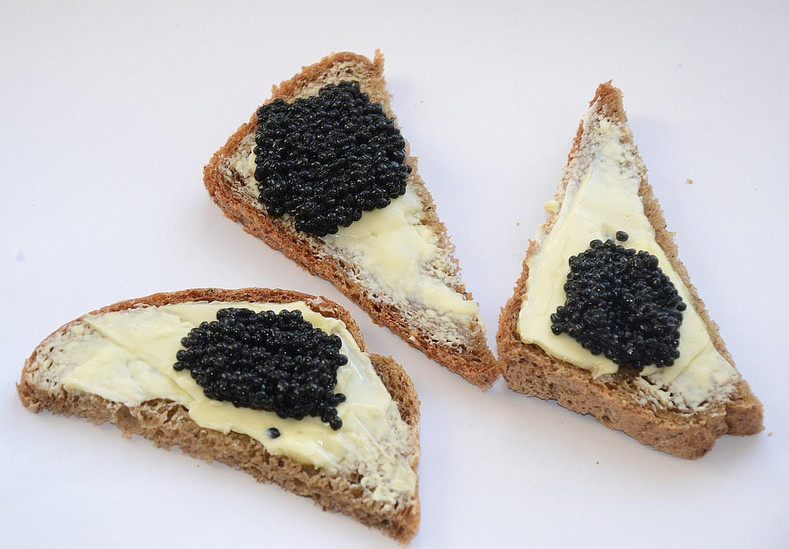China strikes black gold in the fight to topple Russians in the caviar market

"One hundred years after Russian aristocrats fleeing the Bolshevik revolution brought caviar to the haute-cuisine restaurants of Paris, the ‘black gold’ has found a new home in China – a country more known for food scares involving exploding melons and fake eggs.
The famed salt-cured fish roe, which is traditionally extracted from wild sturgeon in the Caspian Sea, has for centuries been a symbol of status and opulence - not to mention a source of power and wealth - for European monarchs, ruthless smugglers, and more recently, leaders of the Soviet Union.
Now China has also been seduced, and local producers are battling to overcome a reputation for shoddy food production standards to become one of the biggest players on the global market."
It has been a tough road for Chinese caviar producers. Even today, after decades of caviar production, Chinese caviar still does not attract customers by name alone. However, the low prices and sheer volume of their product have rocked the caviar world, and Chinese caviar is everywhere.
As one of the worlds most expensive foods, caviar has not been accessible to everyone and traditionally is only reserved for the richest of individuals. Now that China is on its way to becoming the world's largest caviar producer, fine sturgeon caviar that used to sell for well over $100 an ounce is available for a fraction of the price. The ever-increasing volume of Chinese caviar has allowed those individuals who were once not interested in trying the more expensive sturgeon roes to reconsider.
As rare caviar becomes more accessible to more people, many producers outside of China have attacked the country for their inconsistent quality, and spread horror stories of unhealthy food handling practices within certain Chinese caviar production facilities. Thus, the reputation of Chinese caviar is continually facing barriers that Russian caviar and caviar produced in other countries never experienced.
Despite this, Chinese caviar will soon be the most abundant on the planet as fine food importers, distributors, wholesalers and retailers from across the globe find themselves attracted to its low cost. Most of those who sell caviar produced in China do not advertise it as such, and often relabel the product to hide the country of origin. With Chinese caviar becoming more widespread, it is important to know what country your caviar comes from, and if it happens to be from China, make sure the importer vouches for their Chinese supplier or you might receive some bad eggs.
Author: Neil Connor
Source: The Telegraph



 (888) 268-8780
(888) 268-8780

